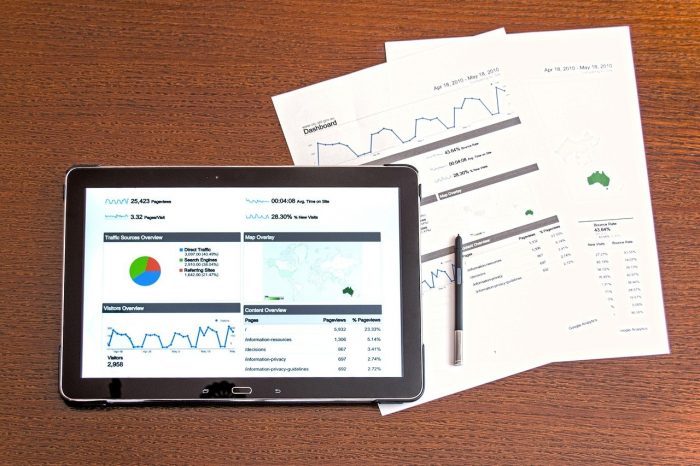
Company information is key not only for B2B companies but also for B2C. In a highly competitive business world, focusing on relevant leads is extremely difficult. Businesses can now easily access company information to improve the efficiency of their processes and boost the bottom line. Let’s find out what company data is and how businesses use it.
What is company information?
A quality company information API is a database that contains firmographic and public resume data. This information refers to companies all over the world, allowing firms to access the rich datasets either to enrich their own data or to source fresh, detailed information about relevant firms.
There are numerous ways firms can use company data due to its flexibility and richness. For instance, public resume data includes general information sourced from social media, such as LinkedIn, along with skills, education, and job experience. Additionally, company data also includes firmographics, a type of alternative data that includes business-specific information, such as type, size, industry, location, and more. One firm that provides a company information API, is Coresignal, consult their website for more information.
How do businesses use company information?

Unfortunately, more than half of marketers state that they do not have access to sufficient customer information to personalize marketing campaigns. Even more, 65% of businesses state that they are willing to change vendors if communication lacks personalization. Let’s see the top uses of company data.
Generating leads
As mentioned above, customers demand more and more personalized communication and services. In fact, a Salesforce report states that more than 80% of customers choose businesses that treat them as more than a simple contact from a list of phone numbers. Clients increasingly demand to be treated using a personalized approach and content, rather than a general, one-size-fits-all approach.
As a result, businesses now use company information data to understand their potential customers, find new leads, and satisfy the demands of existing customers. For instance, public resume data can help you understand what type of business you approach, what skills they have, and how you can customize your content to fulfill your needs. Similarly, firmographic data provides a deeper insight into prospective clients by allowing you to customize your offers according to their industry, size, location, and more.
Ad Targeting

Consequently, company data can help you customize your marketing campaigns. For instance, if you have a marketing agency, you need to tailor your ads to match your audience. You can use firmographic data to target large and small-scale businesses separately since their marketing needs also vary drastically. Knowing which type of business you approach will help you decide on the best marketing strategy.
Creating a marketing strategy using guesswork is not desirable. If you make mistakes or base your strategy on the wrong assumptions about your audience, you will lose money, time, and effort. Alternatively, you can use a company information API to collect information on your ideal audience and then embed this information into your ads.
For example, you can source public resume data to learn more about your audience if you promote your services on LinkedIn. You can collect general information, along with numerous specific details regarding the potential audience on this platform. You can also use public resume data to identify companies that fit your ideal customer profile and contact them with a personalized sales offer.
Improve Sales and Marketing
Businesses that embed company data in their business processes find it significantly easier to segment and identify leads. For instance, let’s assume that you have a B2B software company targeting small-scale startups in New York City. You can use company information to find only potential companies that fit your requirements – a process that takes place with no time and effort once you have access to company data, so your sales and marketing teams can only focus on relevant leads, without wasting time and resources on guesswork or data collection.
According to Instapage, up to 77% of consumers paid more, chose, or recommended a brand that offered them a customized experience. As a result, you can significantly boost the efficiency of your sales and marketing efforts. For instance, you can use company size, location, industry, and other details to send potential clients only information that is relevant to them, enhancing your conversion rate.
Advanced analytical techniques can be deployed to improve field operations productivity and efficiency as well as optimize an organizational workforce according to business needs and customer demand. Optimum utilization of data and analytics will also ensure that continuous improvements are instigated on an ongoing basis as a result of end-to-end view and measurement of key operational metrics.
Analyze your return on investment (ROI)

Company data can be also leveraged to analyze potential ROI. In other words, you can use this type of alternative data to assess the ROI level in case you close the deal with your prospective clients. This is an excellent way of using your company information to improve the accuracy of your forecasts, annual projections, budgeting, and more.
Discover market trends
Companies leverage firmographic data to discover market trends, monitor growth rates, and track industry trends. With these insights, businesses and investors can make better business decisions and generate business opportunities. Further, monitoring the revenue, locations, and size of their competitors can help companies visualize market gaps and growth opportunities.
Generates competitive intelligence insights

Additionally, firmographics such as market performance, status, and the structure of a given company can provide businesses with insights on their competitors’ movement, growth, funding, and more. For example, monitoring your competitors’ growth rate by tracking the growth of specific teams or new office locations can help you make better-informed business decisions.
Summary
All in all, company data can be leveraged in numerous ways to improve sales and marketing efforts. Essentially, it is used to get to know your current and prospective clients in order to make more relevant business propositions, offer better value, attain a competitive edge and, consequently, improve your bottom line.









